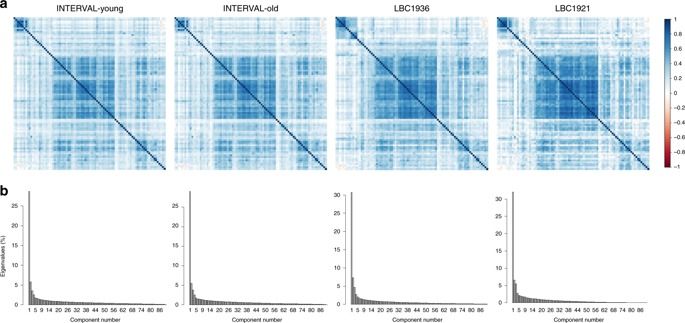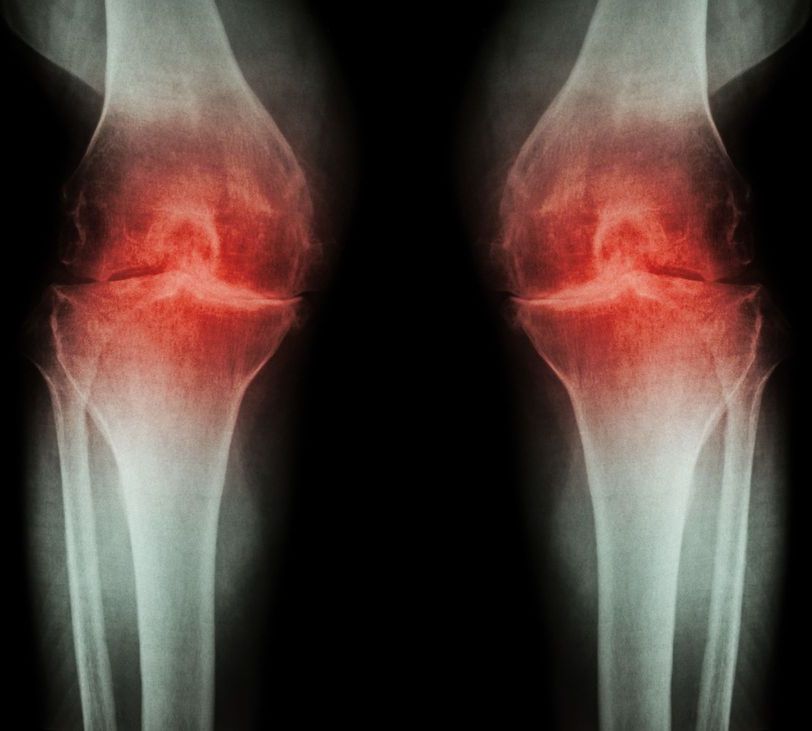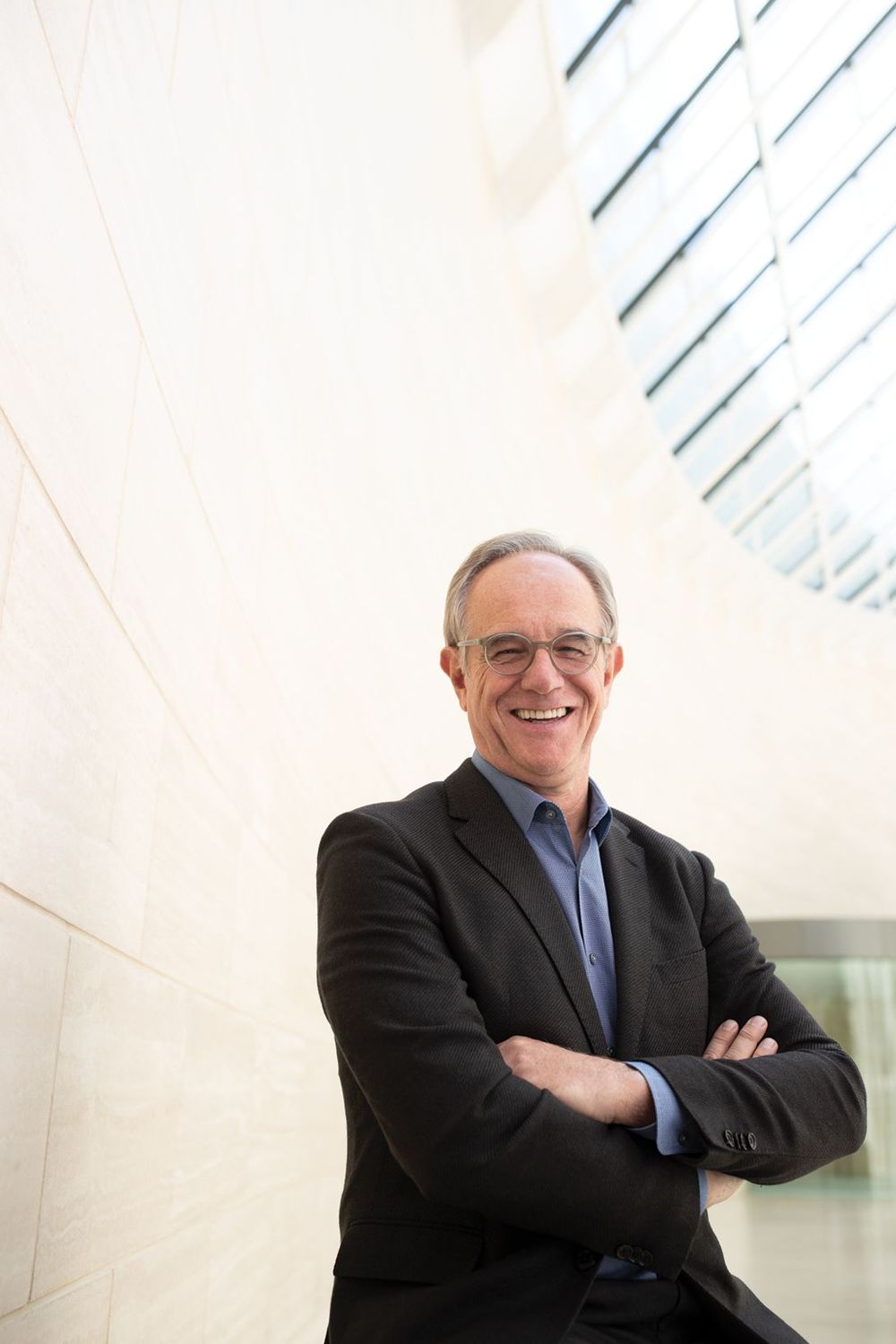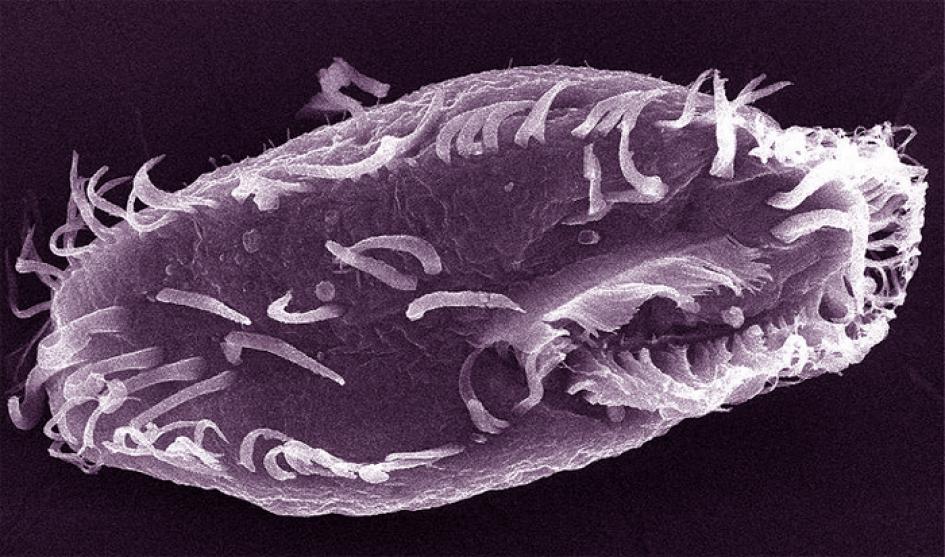Let’s face it, getting older sucks, and not because of all the extra candles on the birthday cake. Getting cake and presents every year is great, but the loss of health and independence isn’t a particularly good birthday present. (Wow, what’d I get this year? Just what I didn’t want: sarcopenia and hearing loss!)
Given the downsides of aging, it really is surprising how little people talk about it beyond the odd grumble or even as a joke. Normally, it’s to complain about the aches and pains that gradually appear as the years roll by, as we find it harder to walk up the stairs and “bright-eyed and bushy-tailed” turns into “cloudy-eyed and with an aching back”.
That’s not even the serious side of aging, which involves the gradual loss of independence and the age-related diseases that first rob us of our quality of life before they get around to killing us. The serious part is the horror of Alzheimer’s and the loss of self that it brings, the heart disease that cripples us, the frailty that steals our independence, and the lurking threat of cancer that rises dramatically as we age.






